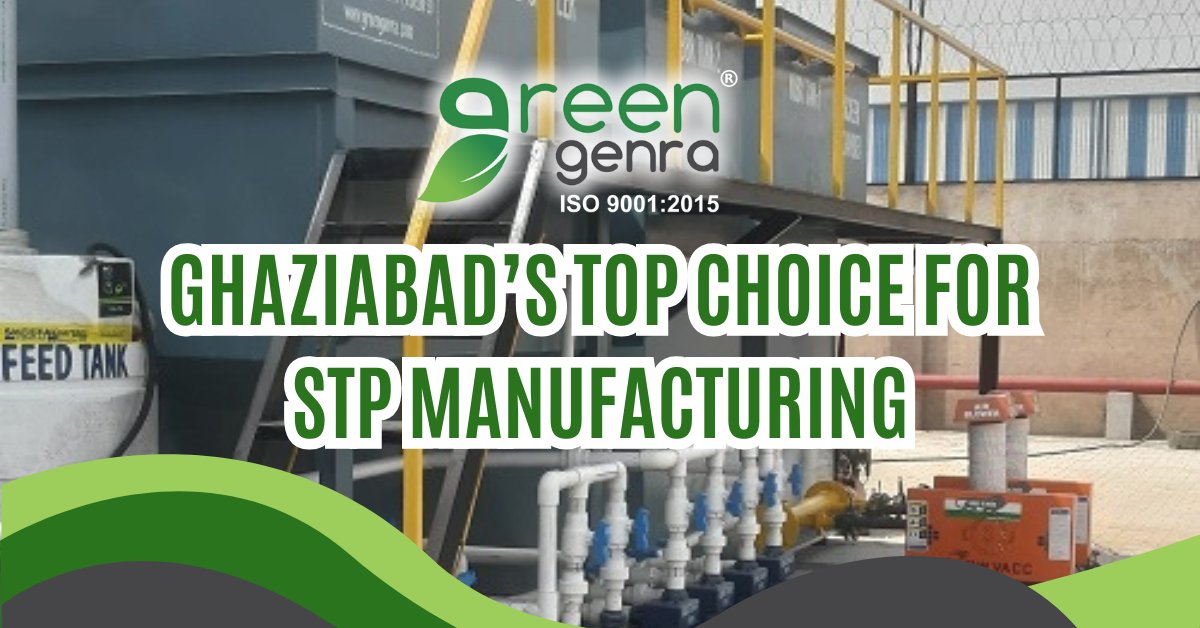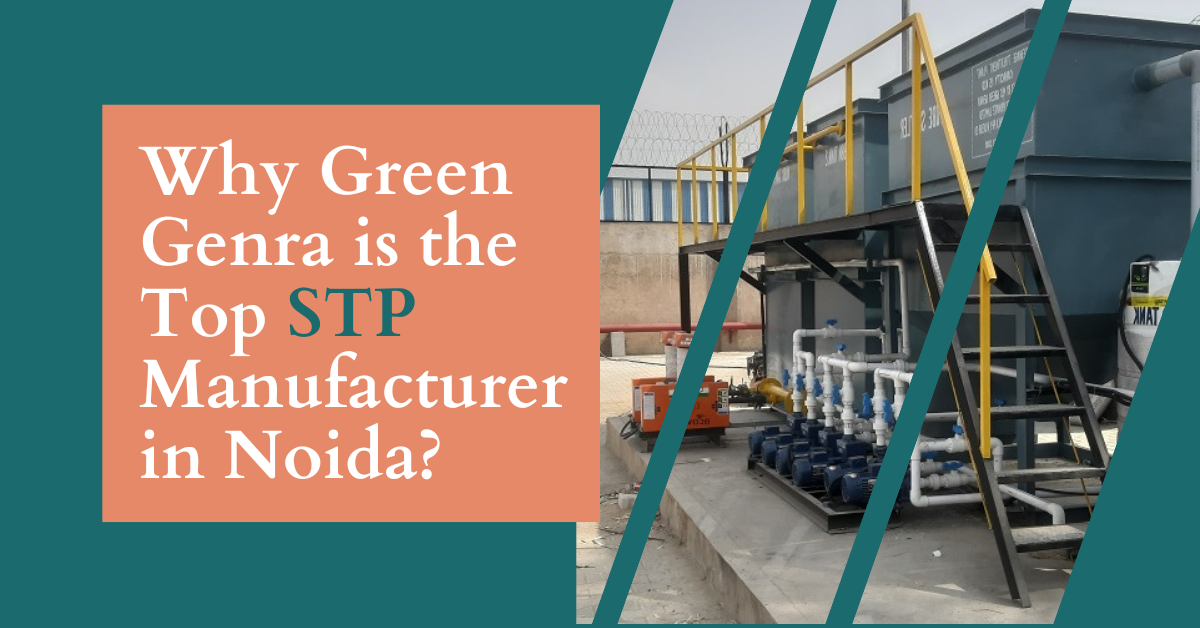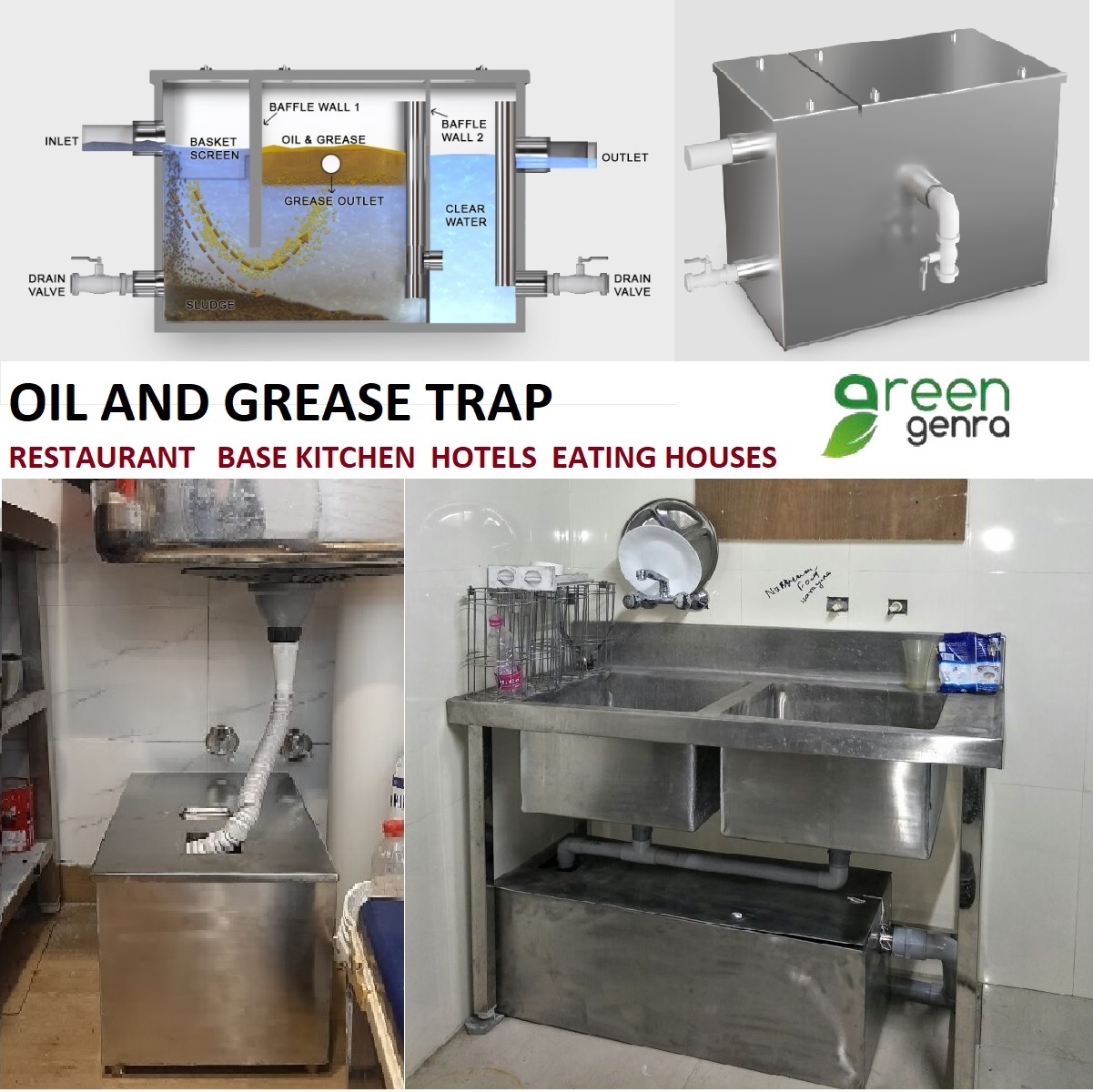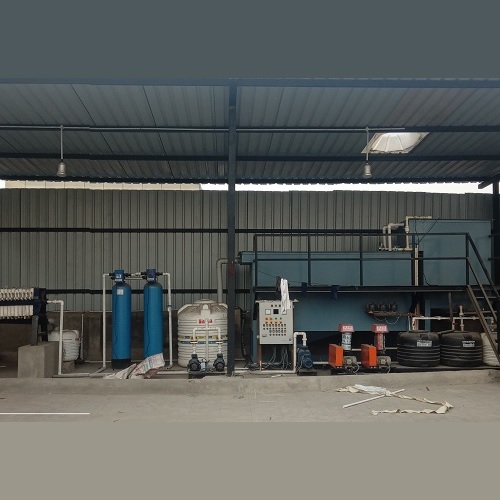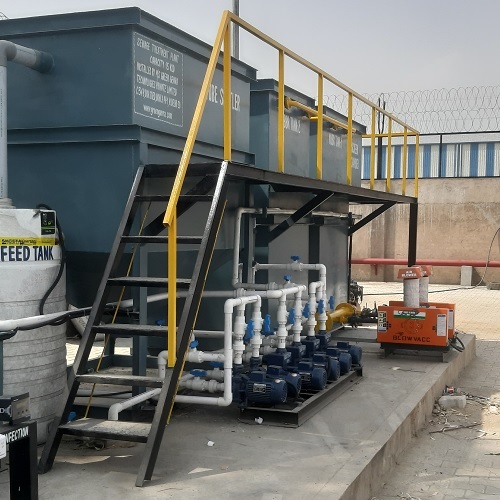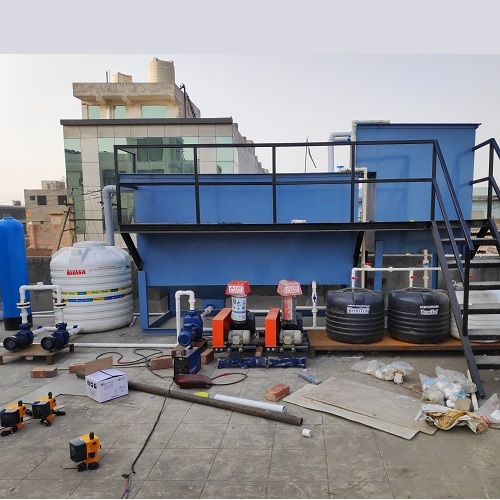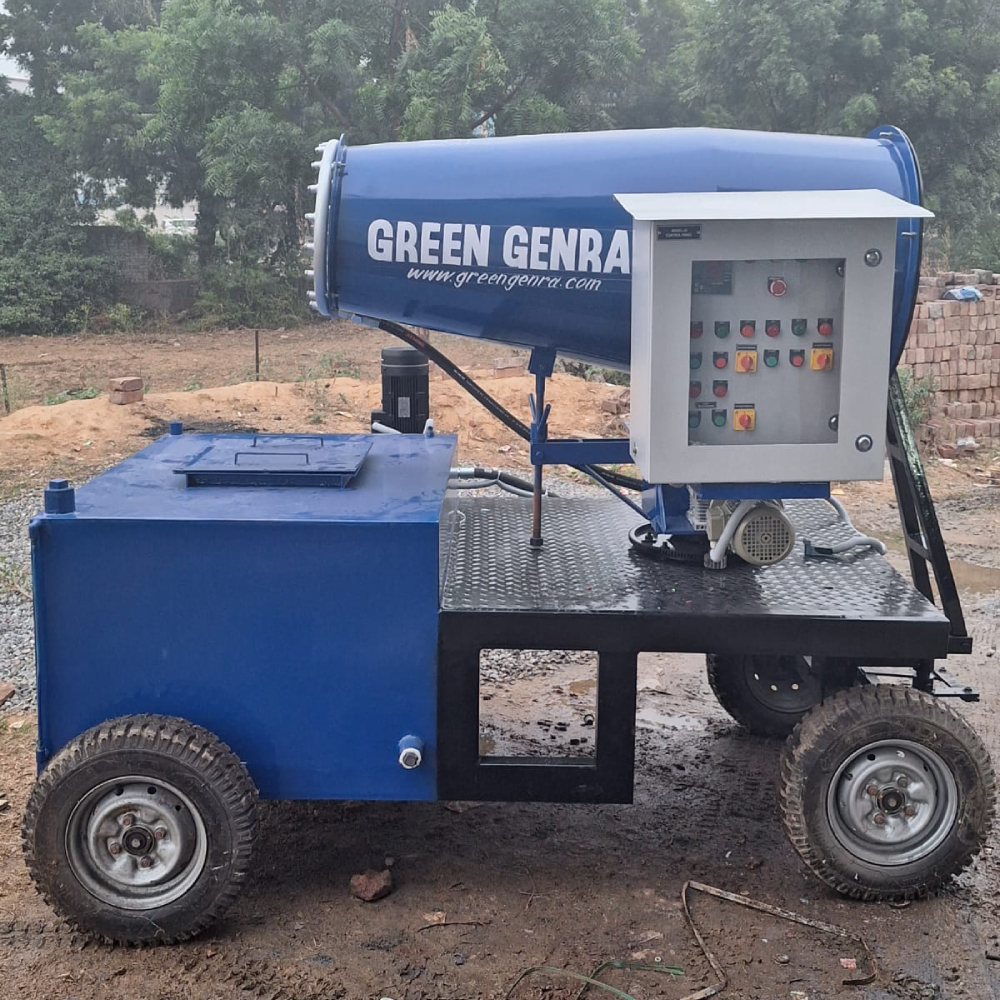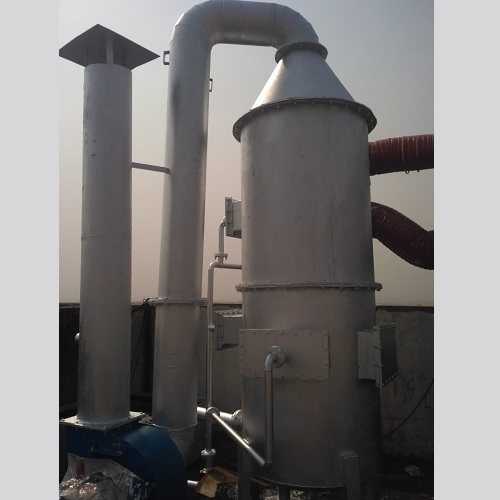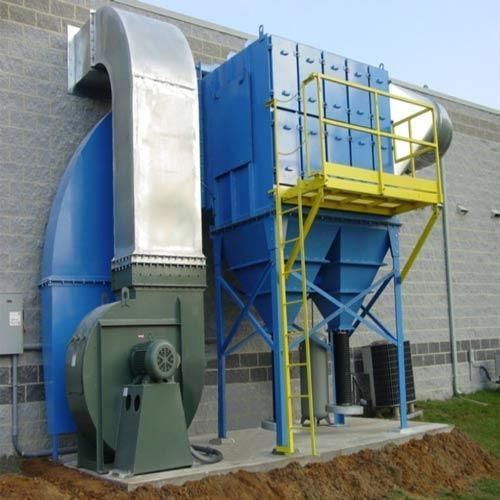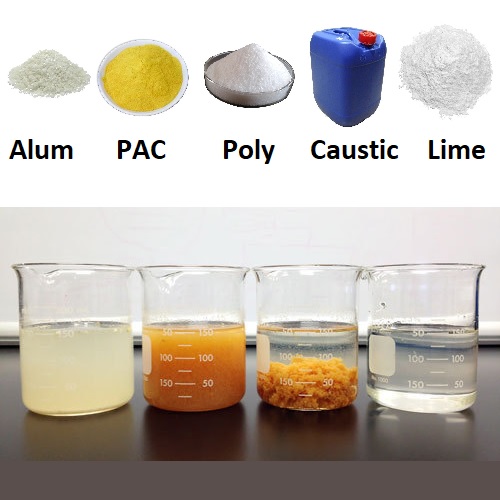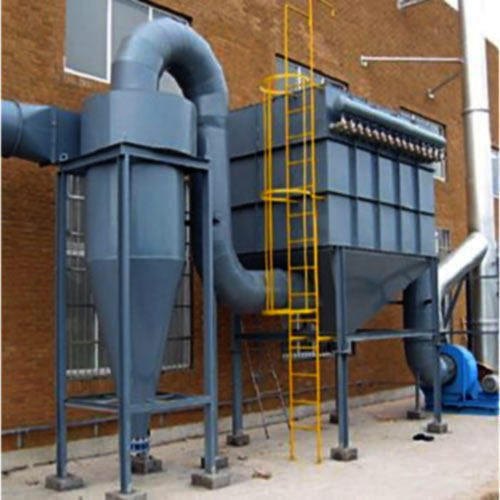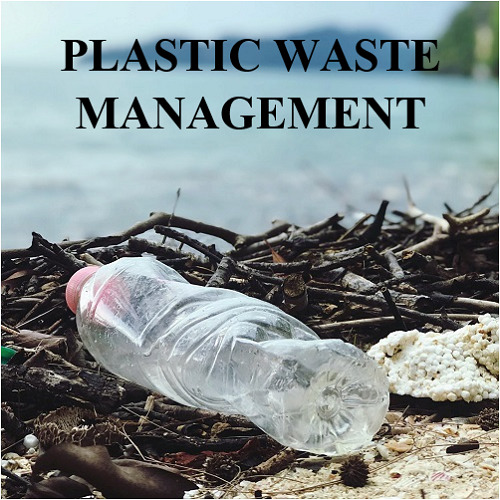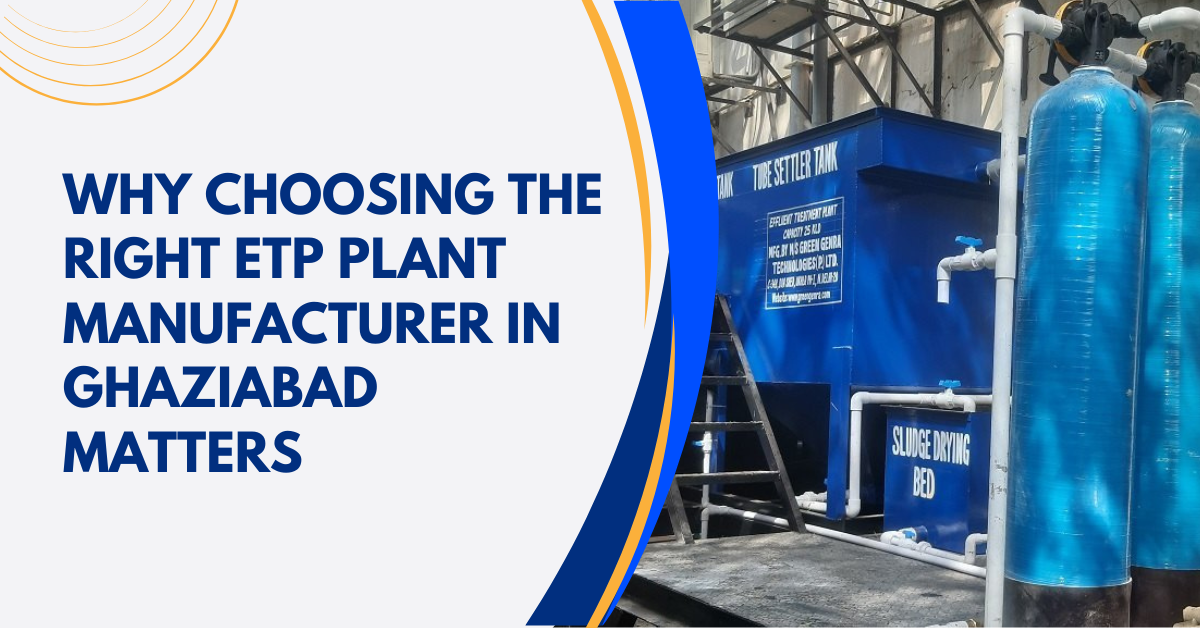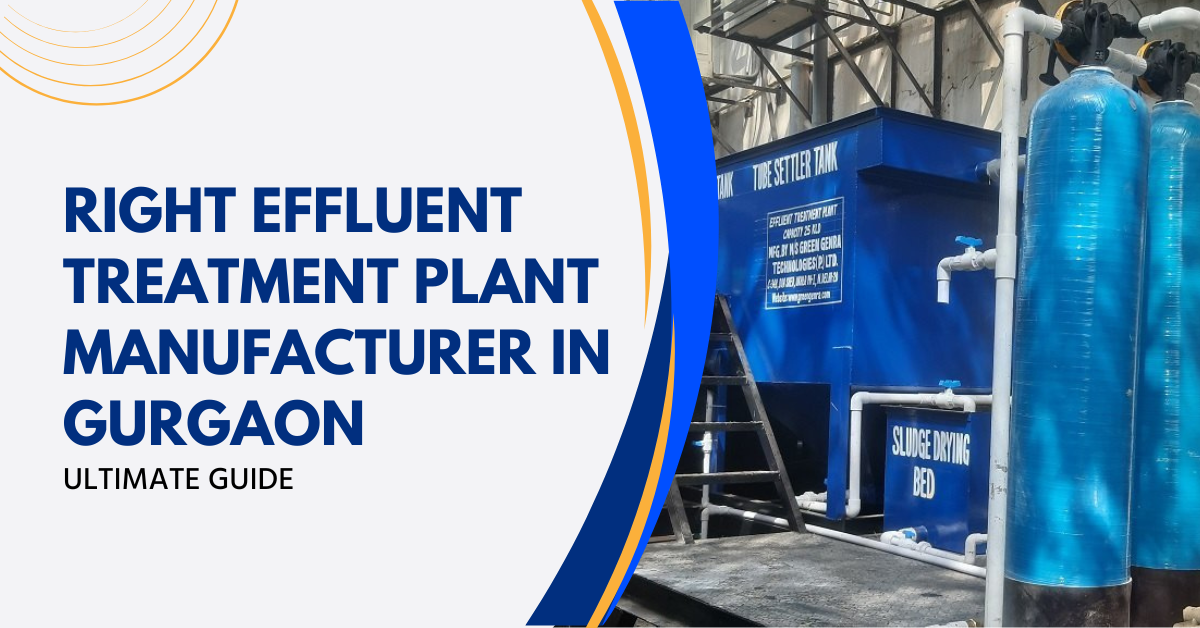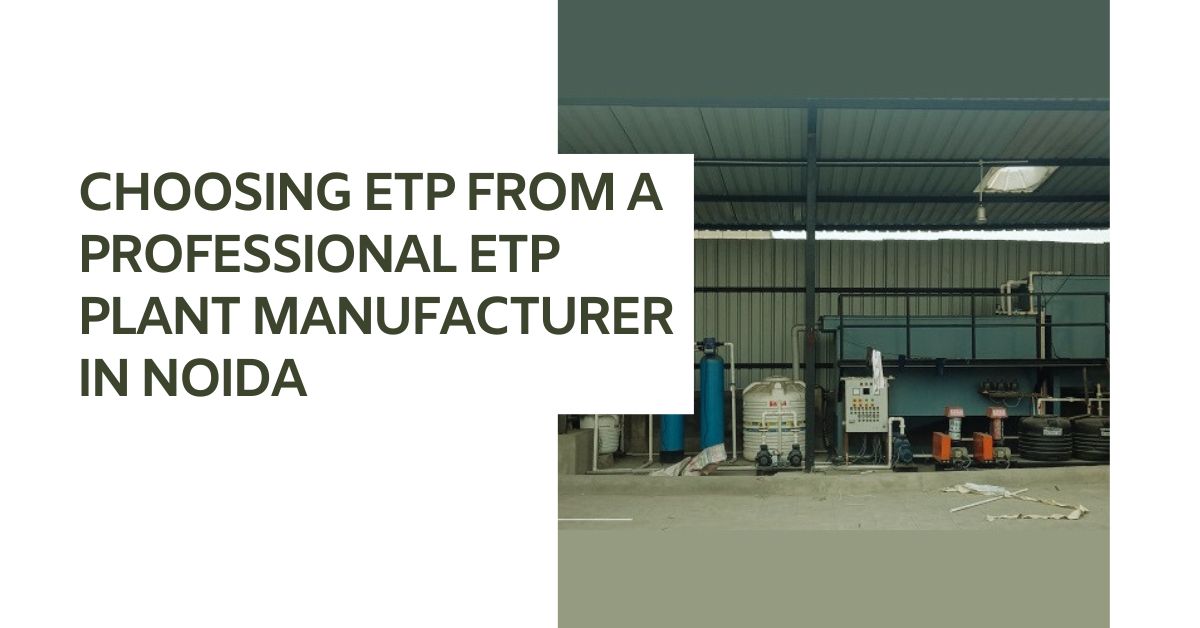Water Expo 2025 in New Delhi 28-30 August 2025 | Pragati Maidan, New Delhi India 20th Everything About Water Expo 2025 ...
Covid-19: Guidelines for handling waste generated during patients treatment
The CPCB has also written to the state pollution control boards and pollution control committees to consider operation of common bio-medical waste treatment and disposal facility.
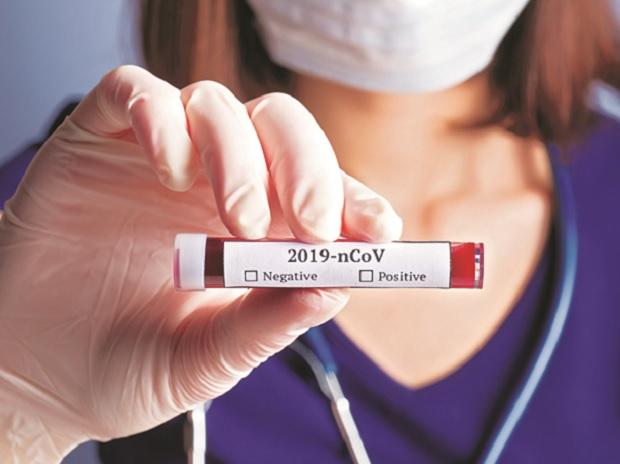
Using double-layered bags, mandatory labelling and colour-coded bins for the management of waste generated during the diagnostics and treatment of suspected and confirmed Covid-19 patients are part of the guidelines issued by theCentral Pollution Control Board (CPCB).
The apex pollution monitoring body said specific guidelines are required to be followed by all, including isolation wards, quarantine centres, sample collection centres, laboratories, ULBs and common biomedical waste treatment and disposal facilities, in addition to existing practices under BMW Management Rules, 2016.
The CPCB has also written to the state pollution control boards and pollution control committees to consider operation of common bio-medical waste treatment and disposal facility and its associated staff as essential service part of health infrastructure.
"These guidelines are based on current knowledge on Covid-19 and existing practices in management of infectious waste generated in hospitals while treating viral and other contagious diseases like HIV, H1N1, etc. These guidelines will be updated if the need arises.
"This Revision-2 of guidelines is mainly to incorporate specific requirements and responsibilities of persons operating sewage treatment plants at healthcare facilities and to clarify on management of general waste from quarantine homes and masks/gloves from other households," the CPCB said.
According to the guidelines, healthcare facilities having isolation wards for Covid-19 patients need to keep separate color-coded bins/bags/containers inwards and maintain proper segregation of waste as per BMWM Rules, 2016 as amended and CPCB guidelines for implementation of BMW Management Rules.
"As precaution double-layered bags (using 2 bags) should be used for the collection of waste from Covid-19 isolation wards so as to ensure adequate strength and no-leaks.
"Collect and store biomedical waste separately prior to handing over the same to Common Bio-medical Waste Treatment and Disposal Facility (CBWTF). Use a dedicated collection bin labelled as 'Covid-19' to store Covid-19 waste and keep separately in temporary storage room prior to handing over to the authorised staff of CBWTF. Biomedical waste collected in such isolation wards can also be lifted directly from ward into CBWTF collection van," the guidelines said.
In addition to mandatory labelling, bags/containers used for collecting biomedical waste from Covid-19 wards, should be labelled as 'Covid-19 Waste, it said adding that general waste not having contamination should be disposed of as solid waste as per Solid Waste Management Rules, 2016.
Guidelines for Handling, Treatment and Disposal of Waste Generated during Treatment/Diagnosis/ Quarantine of COVID-19 Patients.
"Maintain a separate record of waste generated from Covid-19 isolation wards. Use dedicated trolleys and collection bins in Covid-19 isolation wards. A label 'Covid-19 Waste' to be pasted on these items also. The (inner and outer) surface of containers/bins/trolleys used for storage of Covid-19 waste should be disinfected with 1 per cent sodium hypochlorite solution daily.
"Report opening or operation of Covid-19 ward and Covid ICU ward to SPCBs and respective CBWTF located in the area. Depute dedicated sanitation workers separately for biomedical waste and general solid waste so that it can be collected and transferred timely to the temporary waste storage area," the guidelines said.
The CPCB said that faeces from Covid-19 confirmed patient, who is unable to use toilets and excreta is collected in diaper, must be treated as biomedical waste and should be placed in yellow bag/container.
"However, if a bedpan is used, then faeces is to be washed into toilet and cleaned with a neutral detergent and water, disinfected with a 0.5 pc chlorine solution, then rinsed with clean water. Collect used PPEs such as goggles, face-shield, splash-proof apron, plastic coverall, hazmat suit, nitrile gloves into red bag. Collect used masks (including triple-layer mask, N95 mask, etc.), head cover/cap, shoe-cover, disposable linen gown, non-plastic or semi-plastic coverall in Yellow bags," it said.
The pollution monitoring body said that less quantity of biomedical waste is expected from quarantine camps, quarantine home, and homecare facilities.
"However, the persons responsible for operating quarantine camps/centres/home-care for suspected Covid-19 persons need to follow the below-mentioned steps to ensure safe handling and disposal of waste. General solid waste (household waste) generated from quarantine centers or camps should be handed over to waste collectors identified by Urban Local Bodies or as per the prevailing local method of disposing of general solid waste," it said.
Biomedical waste if any generated from quarantine centers/camps should be collected separately in yellow-colored bags, CPCP said.
"Persons operating quarantine camps/centers should call the CBWTF operator to collect biomedical waste as and when it gets generated. Contact details of CBWTFs would be available with local authorities.
The CPCB clarified that quarantine camps, quarantine homes are places where suspected cases or the contacts of suspected or confirmed cases who have been directed by authorized hospitals or local authorities to stay at home for at least 14 days or more for observation for any symptom of Covid-19.
"Biomedical waste generated from quarantine camps/quarantine home/home care would be treated as 'domestic hazardous waste' as defined under Solid Waste Management Rules, 2016, and shall be disposed of as per provisions under Biomedical Waste Management Rules, 2016 and these guidelines," it said.
Also Read: Air pollution linked to raised Covid-19 death risk
Source: Business Standard

































Effluent Treatment Plant (ETP) from reliable ETP Plant Manufacturers play a key role in reducing industrial pollution by trea...
With the increasing levels of water contamination in Ghaziabad because of growing industries and a growing population, wastew...
Green Genre is one of the best STP manufacturers in Noida that designs, produces and installs sewage treatment plants in vari...
Effluent Treatment Plants or ETPs are important for industries in Ghaziabad to ensure environmental compliance ensuring effec...
An effluent Treatment Plant or ETP is a crucial investment for industries seeking to manage wastewater according to environm...
ETP or the Effluent Treatment Plant is designed to treat industrial wastewater by removing harmful chemicals, contaminants an...


